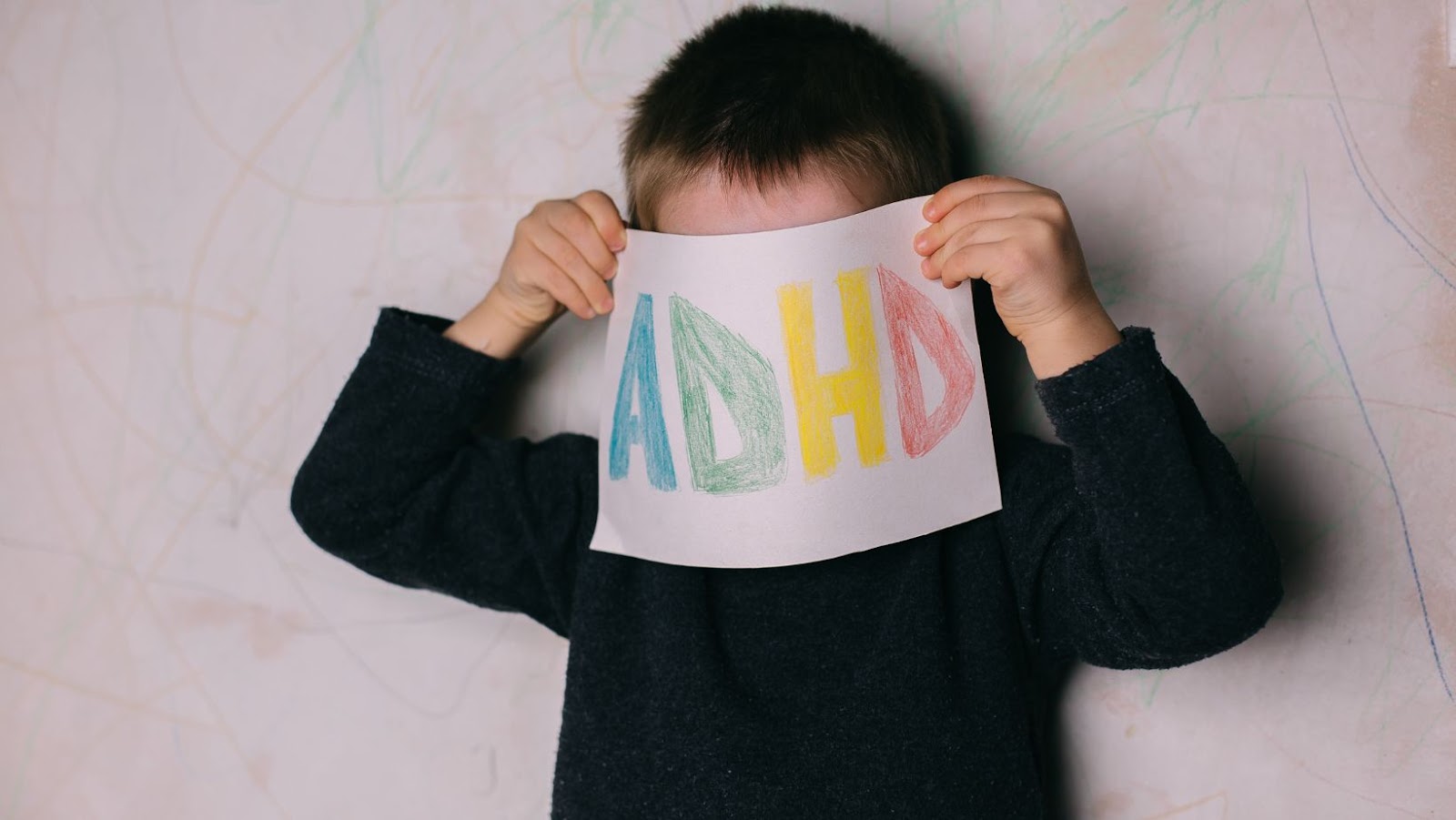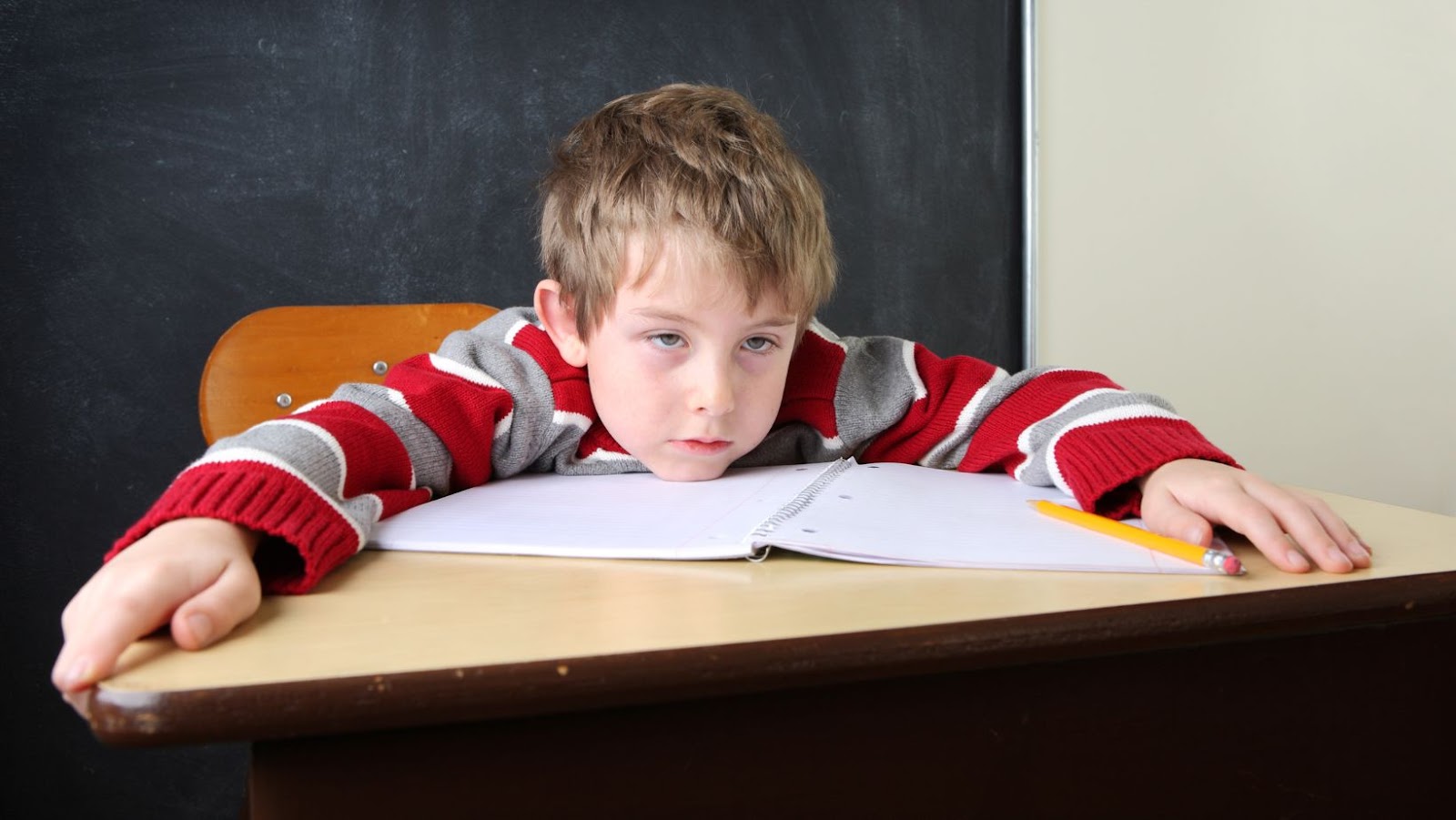
According to the estimates, between 4% and 12% of kids have ADHD. Boys are two to three times more likely than girls to have hyperactive or mixed ADHD. ADHD or ADD is a behavioral disorder affecting concentration and impulse control. Although it can often go undiagnosed, you can manage signs of ADD in children with the right tools and strategies. The condition can worsen if left untreated, so it’s essential to get your child checked when you notice behavioral changes. The earlier it’s diagnosed and treated, the less severe the symptoms will be. Keep reading to learn more about ADD in children and the signs of this condition. With a bit of knowledge, you can start taking action.
Difficulty Focusing and Attention Span Issues
Nowadays, many people wonder and have a question in mind like “is ADD real?”. If a child has difficulty focusing or keeps their attention on one thing for only a few, this could indicate a more serious issue. It is not uncommon for children with ADD to become easily frustrated and overwhelmed when working on tasks for extended periods.

Although this list of potential signs in children is not all-inclusive, it can help parents be on the lookout for signs that their child may have this disorder. Taking note of ADD warning signs can help alert parents and caregivers to possible ADD so that you can take appropriate steps to provide help, guidance, and support.
Hyperactivity and Impulsivity
Hyperactivity can be seen in a child who never stops moving and often finds it difficult to stay in the same place for extended periods. Impulsivity can take the form of a child who acts before thinking, interrupts conversations, and takes risks with behavior that can be dangerous. While many of these behaviors can be typical, if they are severe and persistent, they could indicate ADD in toddlers.
Impact on Social and Academic Life
Potential ADD signs in children include difficulty focusing on tasks and following directions, staying organized, and completing complex tasks. These symptoms can be seen as disruptive and uncooperative in a social setting. It can make it difficult for children with ADD to engage and connect with peers effectively.
With this, diagnosing ADD is a must to help your children. Developmental screenings can be one of your options to get them treated and put them in control.
Poor Source Management and Forgetfulness
They become forgetful and find it challenging to complete tasks or remember important information. They may begin several projects but still need to finish them. In some cases, they may need help paying attention to their ideas, forgetting what they were trying to accomplish in the first place.

They may also become easily distracted and disengaged while working on tasks. It can cause them to overlook potential sources of information, leading to inefficient use of their time and resources.
Be Aware of the Signs of ADD in Children
After summarizing the potential signs of ADD in children, it is essential to recognize the importance of pinpointing the problem early on. Seeking medical advice if you observe any common signs and symptoms can make a significant difference. With early intervention and the right ADHD treatment, children can improve their concentration, organization, and overall school performance. Treatment options may include behavioral therapy, lifestyle changes, and in some cases, medication. If you find this article beneficial, read our other blogs to get more help and guidance!























